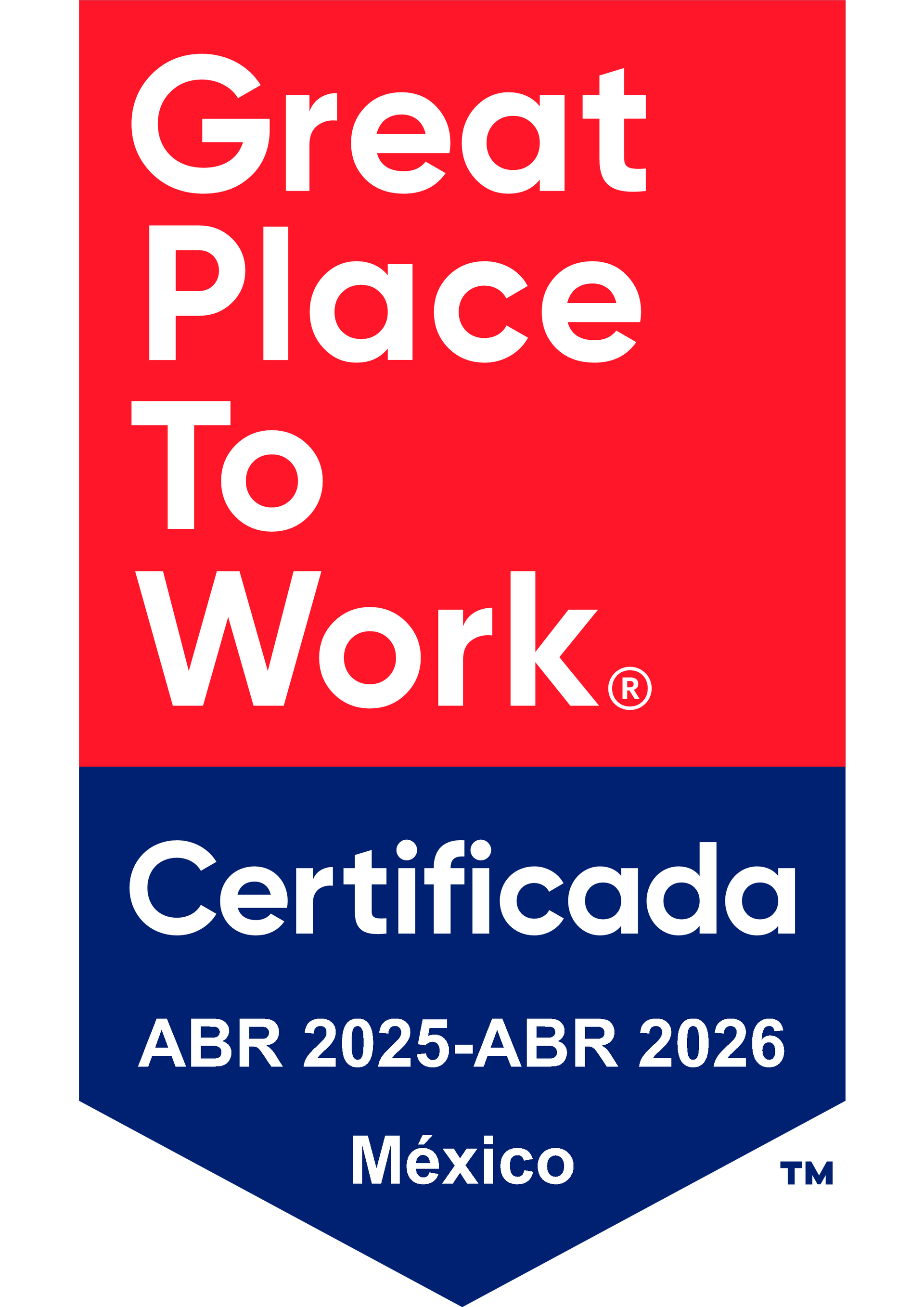Skills and Practices to Master for Remote Work
Whether you’re an experienced Remote Team Member (RTM) or transitioning to the world of remote work, developing the right skills and adopting best practices are crucial for mastering the path to remote work proficiency.
Remote work is multifaceted and demands a proactive mindset. The global shift towards remote work was accelerated by unprecedented circumstances, yet its adoption has underscored the importance of cultivating specific skills and practices to thrive in this new paradigm.
Working remotely is more than just a laptop and internet connection. Here are some tips on how to master the skills and practices to be remote work-ready:
1. Strong Work Ethic
A strong work ethic is crucial for remote workers, embodying self-discipline, responsibility, and commitment without traditional office oversight. It boosts personal performance and positively impacts team and organizational goals.
To uphold and strengthen your work ethic remotely, focus on these key aspects:
Be a Reliable Teammate: Consistently meet deadlines and commitments. Be available to help team members.
Professionalism: Uphold professional standards in all work aspects.
Show Initiative: Identify and act on opportunities for improvement.
Take Responsibility: Take ownership of tasks and learn from mistakes.
Show a Positive Attitude: Maintain a constructive attitude to support and motivate the team.
2. Technical Proficiency
This goes beyond basic computer literacy, requiring a comprehensive understanding of various remote work tools and platforms that facilitate communication, project management, and security. Mastering the technical skills that enable virtual collaboration and productivity is important for thriving in remote work.
Communication Tools: Be familiarized with instant messaging apps, video conferencing software, and email platforms to ensure seamless team communication.
Collaboration and Project Management Platforms: Gain expertise in tools like Trello, Asana, Google Drive, Basecamp, Slack, etc. to manage collaborative work and keep projects on track.
Basic Troubleshooting: Learn how to troubleshoot common technical issues to minimize reliance on IT support for minor problems.
Stay Updated on New Technologies: Keep ahead of emerging tools and software updates to enhance your work processes and efficiency.
Cybersecurity Best Practices: Understand and implement online security fundamentals to protect sensitive information and maintain a secure working environment. Be cautious of internal documents, accounts, and passwords.
3. Self-Discipline and Motivation
The foundation of remote work success also lies in self-discipline and motivation. Without traditional office structures and direct supervision, remote employees need to develop an intrinsic drive.
To achieve this practice, try to focus on these strategies:
Set Goals: Clear goals provide direction and purpose, helping you stay focused and motivated. Try to establish the “SMART” (specific, measurable, achievable, relevant, and time-bound) goals to guide your daily tasks and long-term projects.
Create a Structured Routine: Develop a daily routine, such as practicing start times, break times, and an end time, to develop time management skills. A structured routine maintains a professional mindset and separates work from personal time.
Have a Dedicated Workspace: Choose a specific area in your home exclusively for work, free from distractions and equipped with necessary tools and resources. A dedicated workspace signals your brain that it’s time for work, enhancing concentration and productivity.
Reward Yourself: Implement a reward system for completing tasks or achieving milestones. Rewards, such as short breaks, treats, or leisure time, provide positive reinforcement and boost self-motivation and satisfaction with your accomplishments.
4. Adaptability and Flexibility
The dynamic nature of remote work demands an adaptable and flexible mindset. These skills enable remote workers to transition smoothly between tasks, embrace new tools and technologies, and manage the unpredictability of remote work arrangements. Cultivating these abilities also ensures continued productivity and proactivity.
Practice being Receptive: View changes in processes, tools, or schedules as opportunities for growth and learning.
Develop a Problem-Solving Mindset: Approach challenges with a can-do attitude and seek innovative solutions.
Always have room to grow: Experiment with different workflows and tools to discover what enhances your efficiency and effectiveness.
Communicate Effectively: Keep your team informed about schedule or work process adjustments to maintain collaboration and trust.
5. Self-Care and Stress Management
Self-care and stress management are crucial skills for remote workers to prevent burnout and maintain a healthy work-life balance. The thin boundaries between work and personal life can lead to exhaustion if not properly managed. Prioritizing these aspects ensures long-term career sustainability and overall well-being.
Consider these essential practices to maintain your well-being while working remotely:
Establish Healthy Boundaries: Set clear limits between work hours and personal time to avoid overwork and burnout.
Incorporate Regular Breaks: Take short breaks throughout the day to rest, stretch, and recharge, boosting focus and productivity.
Maintain Physical Activity: Include regular exercise to enhance mood, energy levels, and overall health.
Stay Connected Socially: Nurture personal relationships and engage in social activities outside work to combat isolation and maintain a support network.
Pursue Hobbies and Interests: Make time for activities outside of work that bring you joy and fulfillment and contribute to your overall well-being.
Mastering essential remote skills can significantly enhance productivity, job satisfaction, and career growth. By integrating these practices into your daily routine, you can navigate the challenges of remote work and thrive in this evolving work environment.
Remember, the journey to mastering remote work is ongoing, and continuous improvement is key to long-term success. Unlock your full potential with Gordian Staffing. Apply now!














